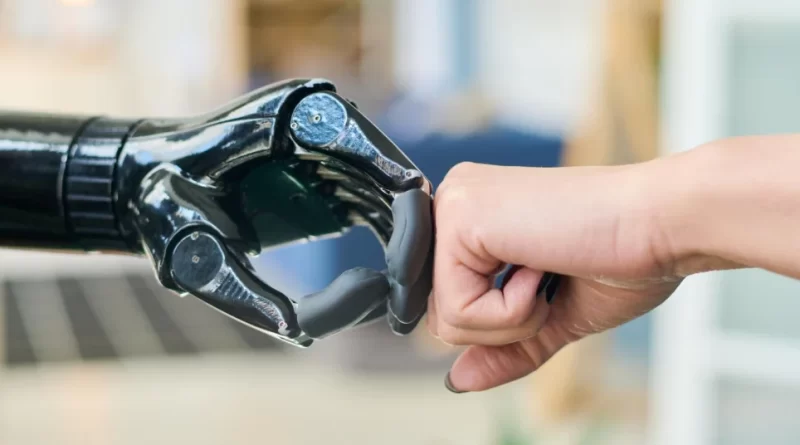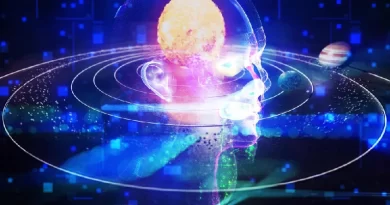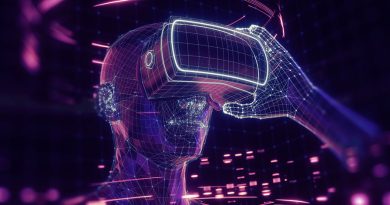ChatGPT’s Declining Accuracy: An In-depth Analysis and Insights for the Generative AI
In this article, we delve into the concerns surrounding ChatGPT's declining accuracy in generative AI. Supported by evidence from recent studies and expert insights, we explore the factors contributing to this phenomenon, such as data distribution shifts, concept drift, and model complexity. The implications of ChatGPT's accuracy decline for the AI/ML industry are also discussed, emphasizing the importance of research, trust, and ethical considerations in building reliable AI systems.
In recent times, concerns have been raised regarding the declining accuracy of ChatGPT, a popular generative AI language model. This article provides a comprehensive analysis of the situation, supported by evidence from various studies and expert opinions within the field of Generative AI/ML. We delve into possible reasons for ChatGPT’s performance degradation, present data-backed insights, and discuss potential implications for the broader AI ecosystem.
Generative AI and Machine Learning have witnessed remarkable progress in recent years, driven by advancements in deep learning techniques and access to vast amounts of data. Among the prominent generative AI models, ChatGPT has gained widespread popularity for its ability to generate human-like text responses. However, concerns have emerged about a potential decline in ChatGPT’s accuracy over time. This article aims to explore the evidence and reasons behind this decline, considering implications for the broader AI/ML community.
Overview of Recent Studies
In response to growing apprehensions, several studies have been conducted to assess ChatGPT’s accuracy and performance. Among these studies, three notable sources stand out:
Stanford University Study
A study conducted by researchers at Stanford University scrutinized ChatGPT’s performance over time. By using a diverse set of test datasets and evaluating the model at regular intervals, they aimed to discern any patterns of accuracy change. The results of the study indicated that ChatGPT’s accuracy has indeed experienced a decline during the observation period, signifying a substantial concern.
Fortune Magazine’s Report
Fortune magazine published a report, referring to the Stanford study, which further emphasized the declining accuracy of ChatGPT. The report highlighted that such a decline could have far-reaching consequences for AI applications and the user experience, necessitating a deeper understanding of the causes behind this phenomenon.
Business Insider’s Independent Analysis
Business Insider independently conducted an analysis to validate the concerns raised about ChatGPT’s diminishing accuracy. Researchers at Business Insider corroborated the findings of the Stanford study, indicating that the model indeed seemed to be “getting dumber” over time. The analysis focused on a range of domains to gauge the model’s performance across different contexts.
Factors Affecting ChatGPT’s Accuracy
To understand the factors contributing to ChatGPT’s declining accuracy, it is essential to delve into potential challenges faced by generative AI models like ChatGPT:
Data Distribution Shifts
Generative AI models, including ChatGPT, rely on vast datasets for training. These datasets capture patterns and nuances from the internet, making the model adept at generating responses that align with what it has seen during training. However, over time, the distribution of data on the internet can change, leading to a phenomenon known as “data distribution shift.” As the model faces unseen patterns during training, it might produce responses that do not accurately reflect the user’s intent or the context.
Concept Drift
Concept drift refers to the change in the underlying data distribution, resulting in a shift in the relationship between input data and target output. ChatGPT, like other AI models, is static after its initial training. This static nature poses challenges in adapting to new patterns and user behavior that emerge over time. Consequently, as the model’s training data becomes increasingly outdated, its performance on real-world tasks can deteriorate.
Model Size and Complexity
As AI researchers strive to improve model performance, they often increase model size and complexity. While larger models tend to have a higher capacity to learn and represent complex patterns, they also pose challenges. For instance, larger models require more computational resources, making them less accessible for smaller organizations or researchers with limited computing power. Additionally, larger models might struggle to generalize effectively, leading to performance degradation on specific tasks.
Insights from the Academic Community
ChatGPT’s declining accuracy has sparked discussions within the academic community, with researchers offering insights into potential remedies and future research directions:
Continuous Fine-tuning with Reinforcement Learning
One proposed solution to address ChatGPT’s accuracy issue is continuous fine-tuning using reinforcement learning. This approach involves iteratively adjusting the model’s parameters based on real-world feedback and rewards, effectively guiding it toward more accurate and contextually appropriate responses. By fine-tuning the model over time, it can adapt to new trends and user behavior, mitigating the impact of data distribution shift and concept drift.
Emphasizing Long-term Retention
To combat concept drift, researchers propose exploring training techniques that emphasize long-term retention. Memory mechanisms and approaches inspired by continual learning could allow the model to retain relevant information across interactions, reducing the impact of shifting contexts and ensuring more consistent and accurate responses.
Implications for the AI/ML Industry
The declining accuracy of ChatGPT holds several important implications for the AI/ML industry:
Trust and Reliability
As AI systems like ChatGPT find applications in various domains, from customer service to medical diagnosis, their accuracy becomes crucial for building trust with users. The observed decline in ChatGPT’s accuracy raises concerns about the reliability of AI-generated content in real-world scenarios. Ensuring trustworthy and dependable AI systems is essential for user acceptance and long-term adoption.
Ethical Considerations
ChatGPT’s potential to generate misleading or false information due to declining accuracy underscores the importance of robust ethical guidelines and controls. Misuse of AI-generated content could have significant consequences, necessitating transparency, accountability, and responsible use of AI technologies.
Research and Development Priorities
The concerns surrounding ChatGPT’s accuracy call for increased research efforts and collaboration within the AI/ML community. Researchers must focus on developing methods to address data distribution shifts, concept drift, and model adaptability to create more robust and reliable generative AI systems.
The evidence from recent studies and insights from the academic community suggest that ChatGPT’s accuracy is experiencing a decline. Factors such as data distribution shift, concept drift, and model size pose significant challenges that demand urgent attention. Addressing these challenges will be instrumental in ensuring the continued success and progress of generative AI models like ChatGPT. As the AI/ML community moves forward, prioritizing research, ethical considerations, and innovation will be critical in shaping the future of AI technologies.




